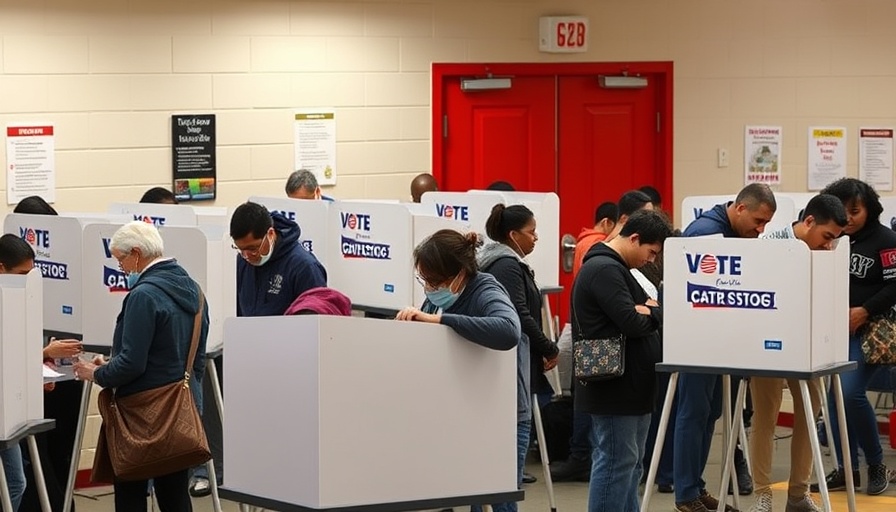
Pennsylvania's Voter ID Proposal: What's Really at Stake?
In the ongoing debate over election integrity, Pennsylvania's proposed voter ID legislation, House Bill 771, has emerged as a focal point. However, a detailed analysis by Votebeat and Spotlight PA has indicated that the impact of such proposals on actual election fraud may be negligible. The data suggest that during a decade-long review, only two instances of voter fraud could have potentially been prevented had the stricter ID requirements been in place.
The Rare Specter of Voter Fraud
Over the past ten years, authorities reported just 149 instances of fraudulent ballots across Pennsylvania, a mere fraction of the 61 million submitted. This amounts to a probability much less favorable than the odds of securing a Powerball jackpot. Academic experts, such as law professor Joshua Douglas, reiterate that stringent voter ID laws often represent a solution in search of a problem.
Political Implications of the ID Debate
Despite the evidence, State Representative Tom Mehaffie, the bill's primary sponsor, argues that voter ID is essential for securing elections. This stance taps into a broader political narrative about voter suppression versus voter security. However, as public sentiment leans towards the belief that stricter ID requirements may not enhance election integrity, the conversation pivots to the necessity of addressing other pressing issues, such as accessibility and education around voting.
Understanding the Electoral Landscape
The evidence suggests limited substantial benefit from implementing stricter voter ID laws. This raises questions about the motivations behind pushing for such legislation. As voters in Philadelphia and beyond engage with these debates, understanding their implications can empower citizens to advocate for policies that genuinely enhance the electoral process.
 Add Row
Add Row  Add
Add 




Write A Comment